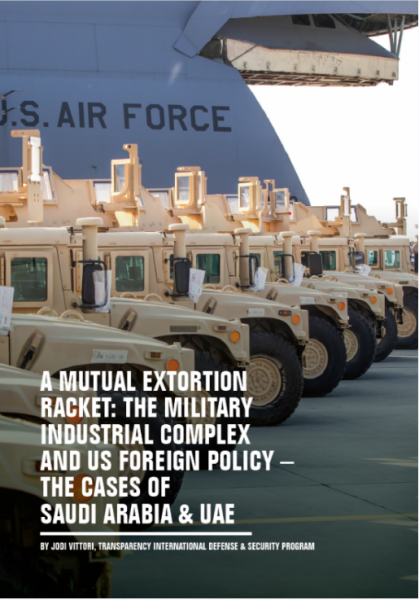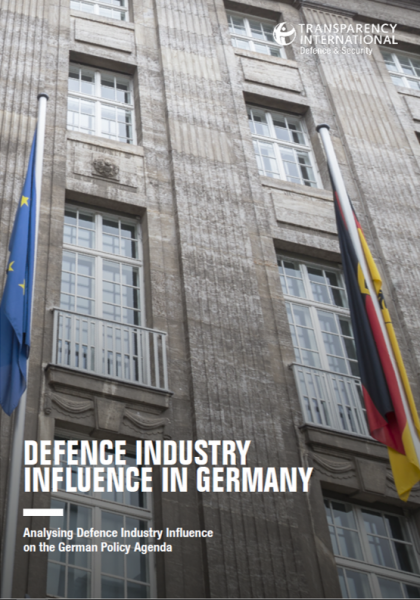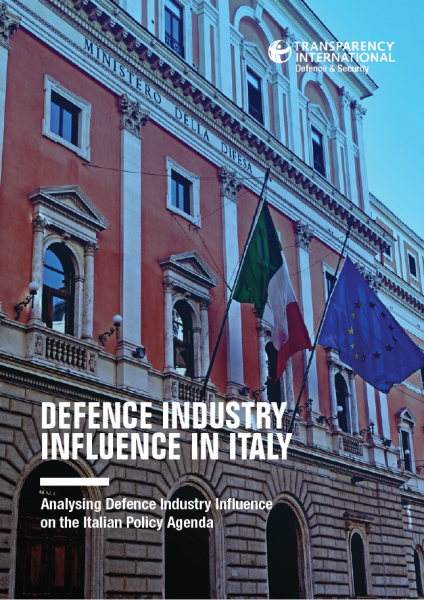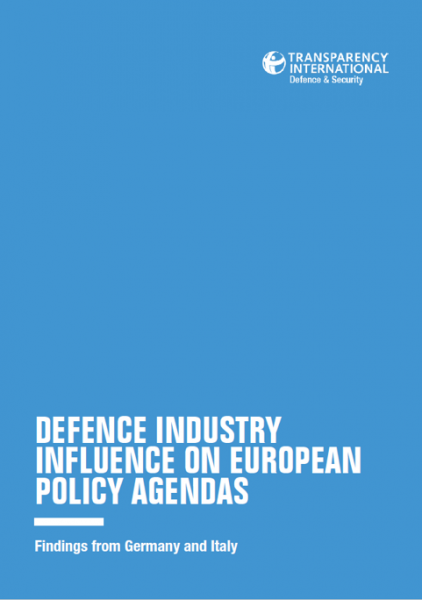The full implication of private sector influence on defence policy is difficult to determine. The symptoms are however very much evident: in perverse procurement decisions, the circumvention of arms export controls and the numerous examples of politicians acting as agents for the defence industry to drum up business or help dig companies out of legal quagmires. There are strong reasons to suppose that national security agendas are influenced by those that profit from insecurity and conflict. This influence damages the integrity of state institutions, perverts the aims of a national security strategy and undermines competitive markets.
Our work on the issue of political influence aims to encourage evidence-based dialogue that can reduce the defence industry’s influence on the defence policy environment. Through our research, we analyse influence pathways and identify vulnerabilities in the policy process to generate to viable and actionable policy recommendations.
In Europe, we are conducting a study to analyse the influence of the defence industry on the policy agendas of European countries, particularly on decisions of defence strategy and procurement. Germany and Italy have been selected as case studies for this project.
In the United States, parallel studies explore the underlying processes and pathways to influence and associated corruption risks that enable American defence firms to continue to export arms and defence services to the Middle East, despite extremely poor human rights records, very poor levels of transparency and accountability and questionable outcomes for US foreign policy interests.
Relevant Publications
 |
 |
 |
 |

